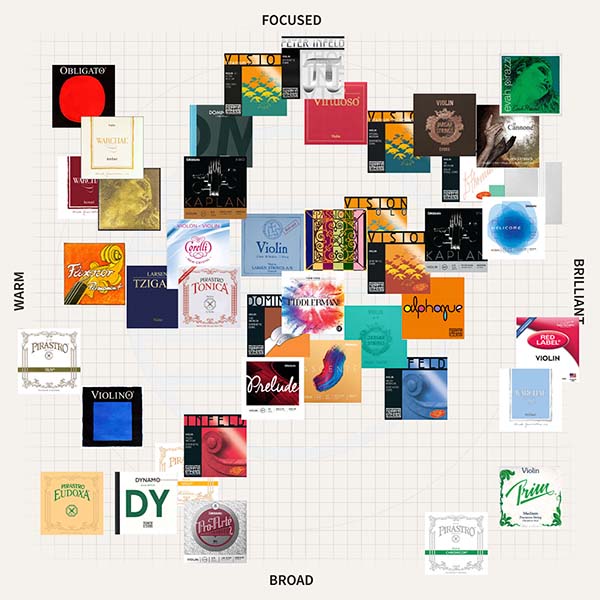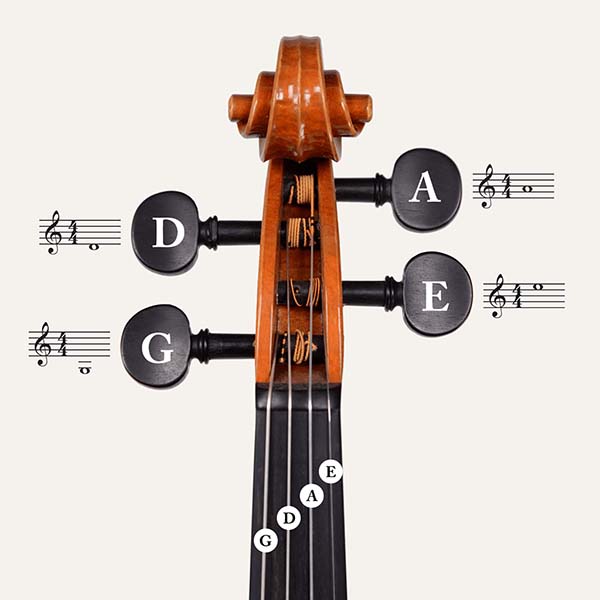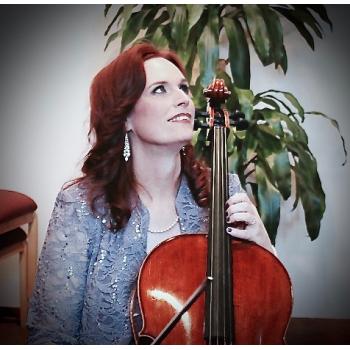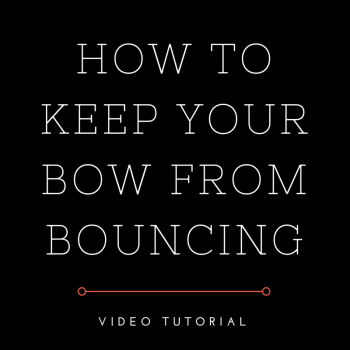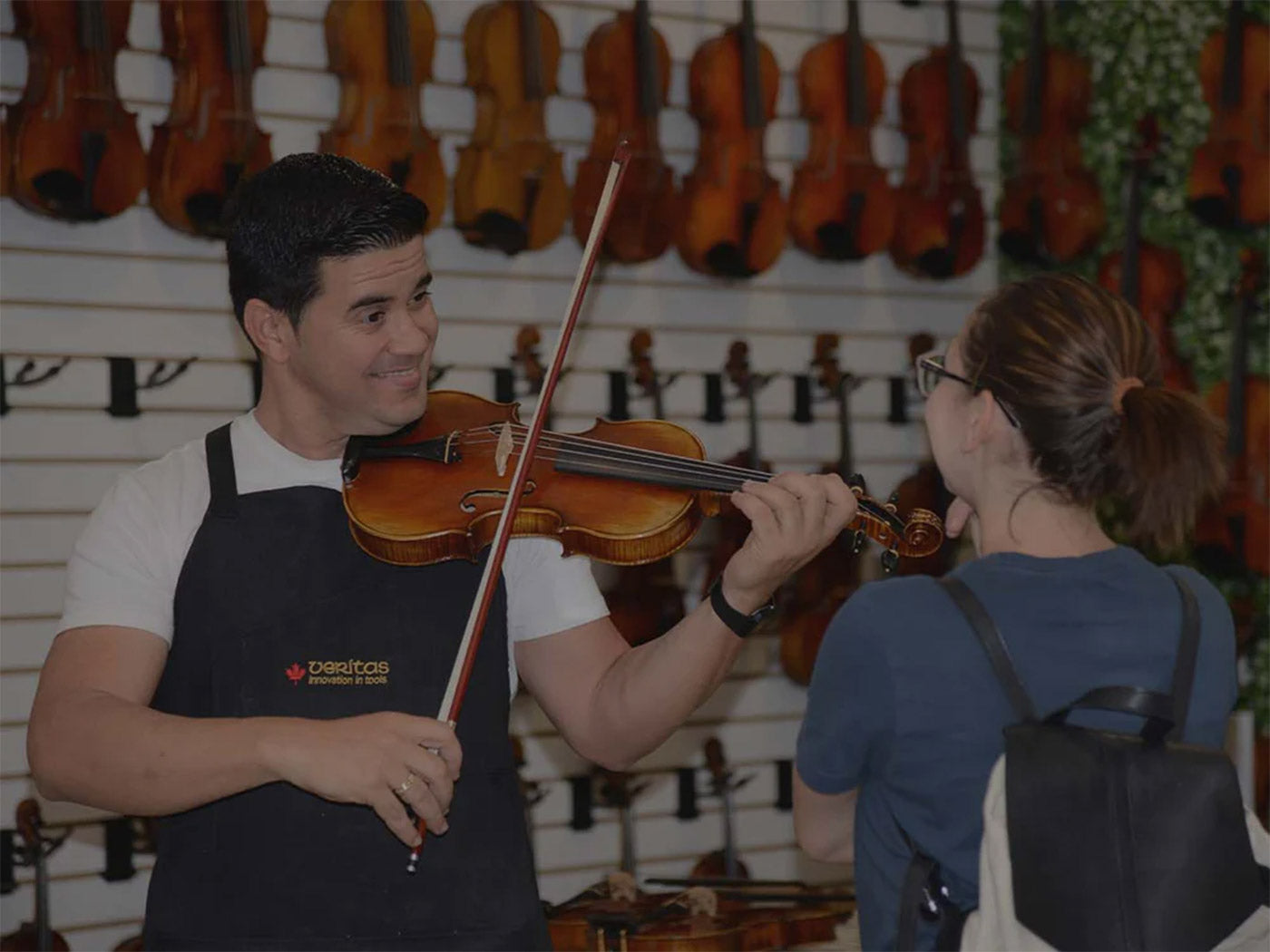Acceptance Through Music
 Fiddlershop’s "Music is for Everyone" blog series features interviews with professional, amateur, and student musicians who inspire through their unique musical stories. Their example proves that music truly is for everyone, and we hope after reading, you’re motivated to begin and/or continue your musical journey.
Fiddlershop’s "Music is for Everyone" blog series features interviews with professional, amateur, and student musicians who inspire through their unique musical stories. Their example proves that music truly is for everyone, and we hope after reading, you’re motivated to begin and/or continue your musical journey.
By Jasmine Reese - Kerri Strnad came back to cello almost 21 years ago after a long hiatus. She picked up Annabelle from a local pawn shop, and within a week, was participating in a youth community orchestra. However, it's only been the last three years since she began taking serious lessons and practice sessions.
"I regret not taking cello more seriously," Kerri said. As a child in school, she considered cello an afterthought, devoting more serious time to trumpet. When she went to college, the gap in her music skill in comparison to her peers was a rude awakening, and she quit. "It just wasn't that important to me."
Since restarting, she's found acceptance through music while working towards her admirable goals alongside talented and kind musicians. She recently won second chair, first stand cello position with a high level community orchestra. She also played chamber music for the National Institutes of Health Community Orchestra, and together with her wife, Lisa Strnad, performed a program for their vow renewals a few years back.

In middle school, the beginning of eighth grade. I was already in band, having starting on euphonium the year before.
Why cello?
I always loved deep tones, and actually wanted to play bass. However, our school was fairly small; they only had one.... My best friend at the time signed up for strings before I did, and picked the bass!
During my absence from playing, I enjoyed listening to rock, jazz, and classical, but it was always cello concertos that moved me emotionally. Cello got into my blood -- into my soul -- in a way that trumpet never did.
What were your musical dreams at that time?
I didn't really have much ambition on the cello back then.
What are your dreams now?
Short-term, I need to identify and fill in the gaps in my knowledge and skills. I've found a teacher now who seems well-suited. Emily Wright is wonderful, knowledgeable, and enthusiastic about helping me fill in those gaps and make up for lost time. My dream is to some day play a full concerto with an orchestra. I may look into going to school again.
What have you overcome emotionally and/or physically to get to the point you are at today?
Physically, my pinkies are proportionally a little shorter than normal, and curved inwards a bit, which causes a few difficulties in certain passages. Nothing insurmountable -- it just means I have to work a little harder to compensate.
Emotionally is a different story. Cello actually played a role in making me who I am today. For most of my life, I felt a bit of a fraud on stage. I know many people feel the same way, but this was different; my self-image did not match what the world saw.
Eventually, the dysphoria became unbearable, so three years ago, I stood in front of my community and church orchestras and told them that I was transgender. Those five-minute speeches were quite terrifying, but very rewarding! Before, music had offered a way to fully express myself (if only in my mind), but after, became an outward expression of pure joy and freedom.
Was cello a strong aid in dealing with the emotional elements of being transgender in a sometimes discriminatory society?
There were two ways that cello helped me immensely. The first was allowing me to meet so many wonderful, open-minded people who were (and are) very supportive, especially early in my transition when it was so critical.
The second role that cello played was acting as a catalyst. Two years before transitioning, I began exploring and expressing my gender identity publicly -- except for work -- wherever I could, including community orchestra rehearsals. Some members were rather intolerant, though. So, I continued to wear a tuxedo to the concerts. There were two concerts that were outside of our normal schedule, however, and I braved wearing a dress.
For the first time, I was who I saw myself as -- an elegant lady cellist. It felt simply amazing!
No one said anything to me after the first concert. But after the second -- eight months later -- there were some very hurtful things said. The sense of rejection was so profound and painful that I almost quit playing cello altogether. It hurt deeply to think about even holding my cello; great happiness had changed to crushing pain in the course of one email exchange.
I am thankful, though, as that experience sparked a fire in my soul that would either consume me or set me free, and made it clear that I would never be happy or free living a double life. It took several months of emotional introspection before I finally reached my tipping point, and was anguished enough to risk losing everything in exchange for authenticity.
Thankfully, that did not happen. Without that painful chain of events, I might still be living a torn and painful life. Free at last, playing Annabelle has once again become a source of great joy in my life.
How are you fitting practice into your schedule now? What's your routine?
Unfortunately, I don’t have much of a routine or system at the moment, besides always treating myself to a little Bach when I practice privately. I will get something set up soon with the guidance of my teacher.
One thing I do concentrate on at every practice or rehearsal is to always strive for the best sound possible -- every note, every time, regardless the musical demands. Anything I practice wrong, such as lazy, scratchy bowing while concentrating on learning new fingerings, is both a wasted opportunity to reinforce good habits, and an easy way to suffer from “playing what we practice” come performance time.
Did you ever pick up trumpet again?
Yes. I played both instruments up until I started taking cello lessons three years ago. Becoming aware of just how many variables there are to making a truly beautiful sound, I didn’t want to split my scarce practice time. I did have some fun about twelve years ago though. Our orchestra played Barber’s “Adagio” and Copland’s “Fanfare” on the same concert, and I played on both pieces!
Any tips or advice for adults just starting or getting back to an instrument after many years?
It's never too late, and never give up! Even if you can only afford a few, take some lessons from a good instructor. It is so important to learn to correct habits and mechanics, to avoid both injury and wasting time later un-learning bad habits.
Read motivational "Music is for Everyone" interviews every Wednesday on the Fiddlershop blog. Fiddlershop is proud to support string musicians of all ages and levels. Check out our Fiddlershop Music Scholarship to fund your music lessons or the purchase of a new instrument!

